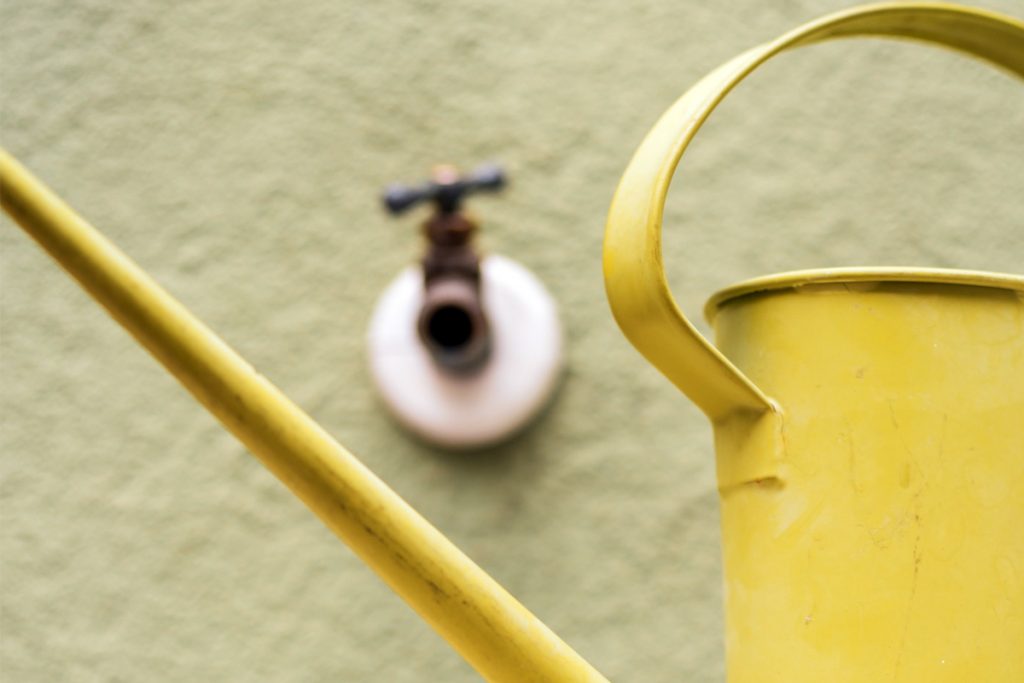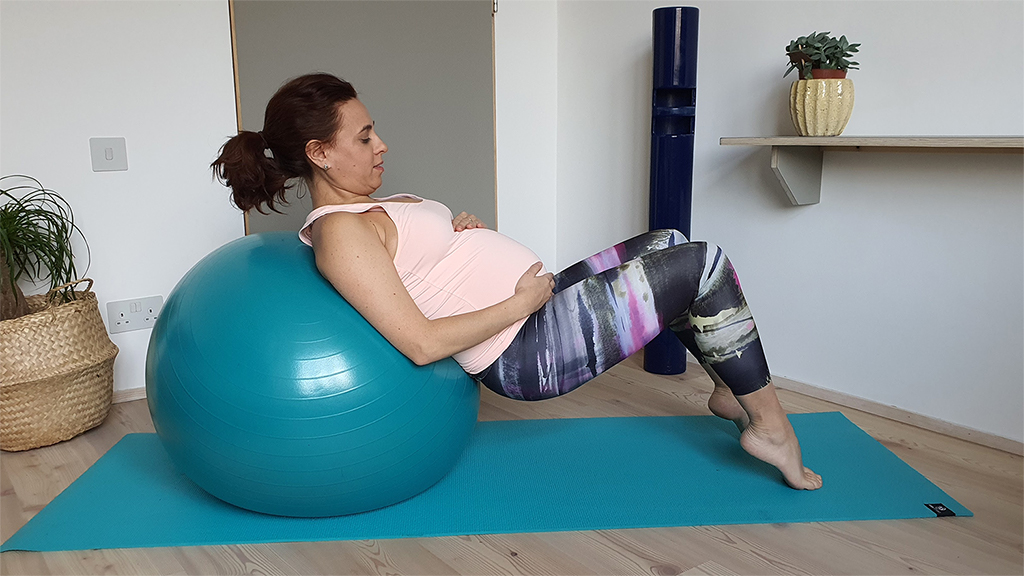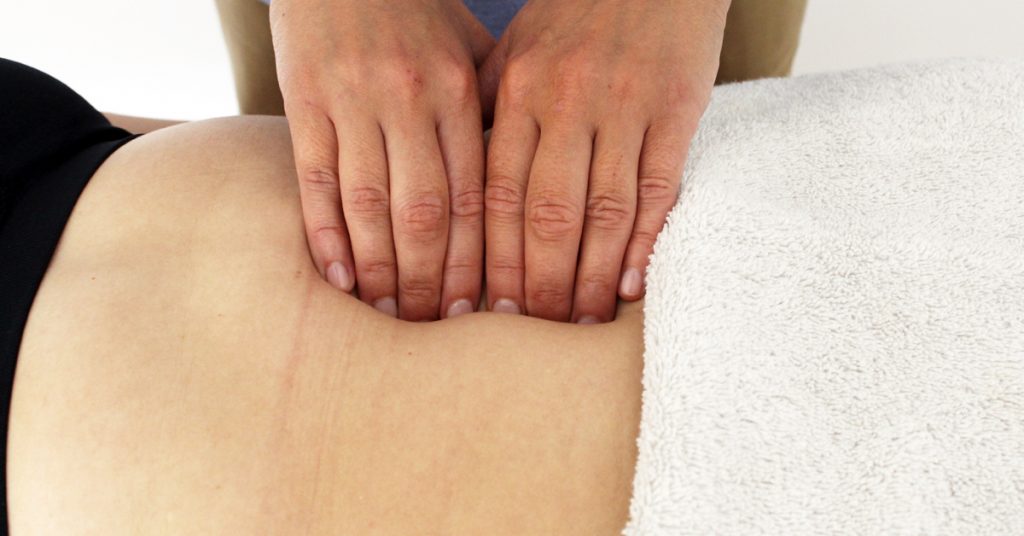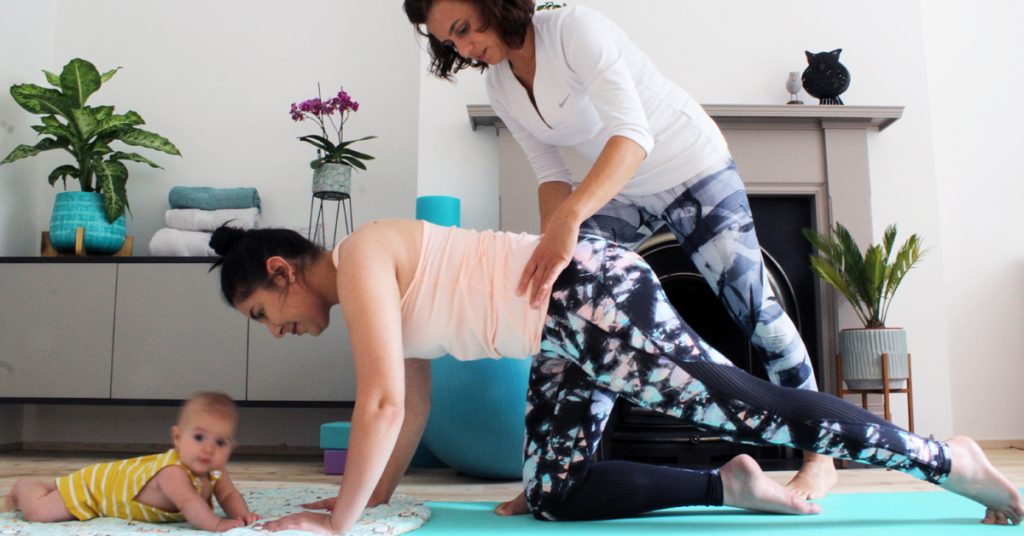Urinary incontinence is the involuntary loss of urine. It means a person urinates when they do not want to. Control over the urinary sphincter is either lost or weakened.
Urinary Incontinence
If you answer yes to any of these question, you may have urinary incontinence.
- Do you have a strong and urgent sensation to urinate with, or without, loss of urine?
- Do you feel you have been unable to empty bladder after going to the toilet? And you need to go again after only a few minutes?
- Do you need to go to the toilet really often?
- Have you ever suffered a urine leak while coughing, sneezing?
- Do you have urine loss while walking, lifting, jumping or during sports activities?
- Have you ever turned the key in your door and felt the urge to urinate?
Treatment
It depends on the symptoms, on the timing and how the urine leak happens. We speak of stress urinary incontinence, urge urinary incontinence and mixed urinary incontinence or bladder dysfunction.
It is important that the physiotherapist establishes a correct diagnosis and performs an assessment of your pelvic floor, abdominal wall, pattern of breathing and your posture. Your obstetric medical history, the state of your hormone balance and your daily activities are important to help the physiotherapist make the treatment plan effective for your urinary incontinence.
Some techniques that a physiotherapist will use to treat urinary incontinence include; health tips, hygiene and dietary guidelines, internal and external manual therapy, postural re-education, clinical pilates, Abdominal hypopressive gymnastics (AHG), electrostimulation and biofeedback.







